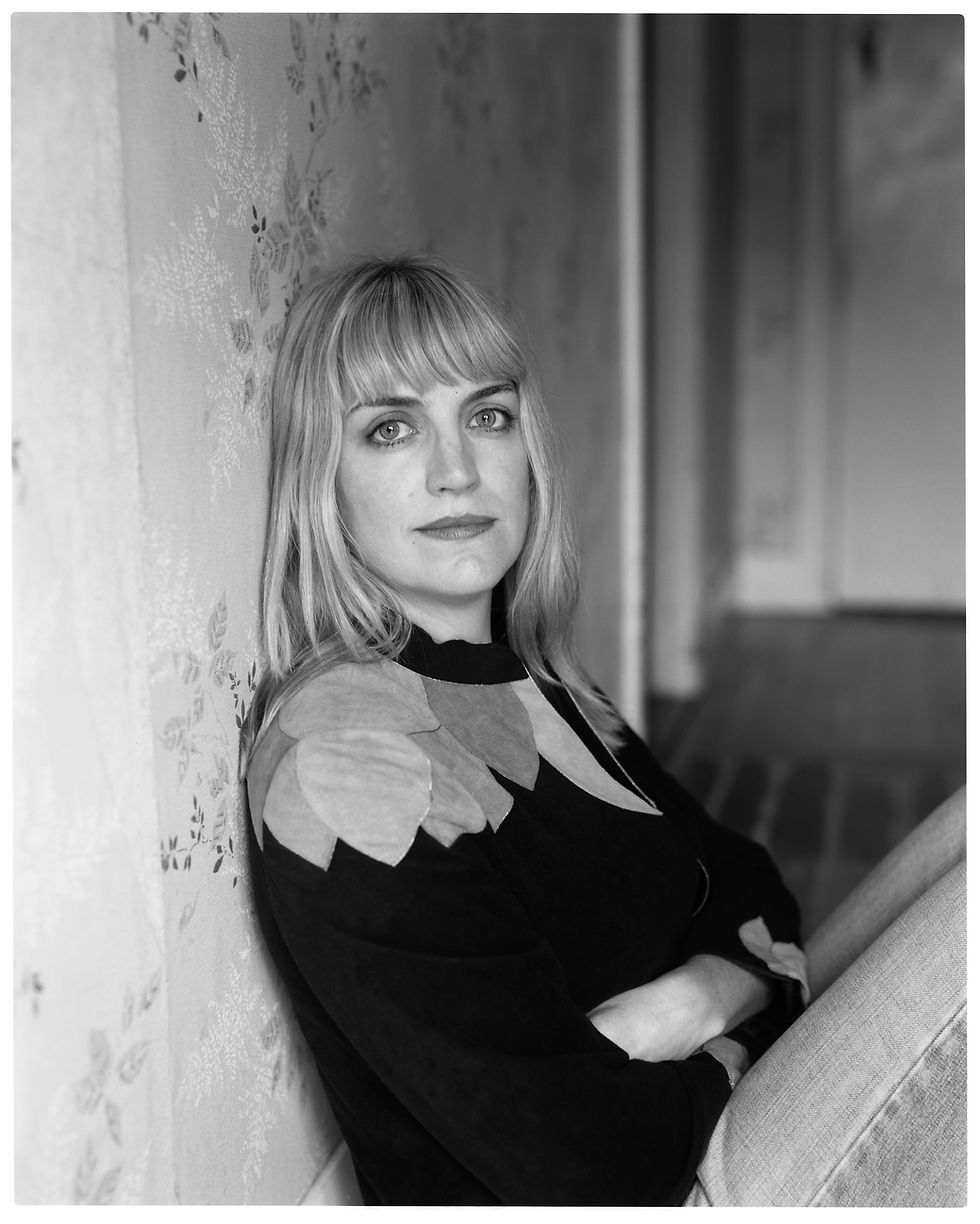COUSTEAUX – STRAY GODS: REVIEW
- Aug 17, 2021
- 3 min read

COUSTEAX
Stray Gods (Silent X)
If Davey Ray Moor and his songs had not met Liam McKahey and his voice, he would have had to invent him. And vice versa. The Australian (Moor) and the Irishman (McKahey) aren’t so much complementary as Cruisian: they complete each other.
McKahey’s attention-grabbing voice, which can rumble in deep baritone and then soar in slip-these-bonds high tenor, is a whole dramatis personae: crushed discarded lover; knowing veteran of sin; hopeful soldier going over the top again; the questioner wanting to know; the cynic who already knows.
The range, vocally and in character type, makes him the kind of storyteller who even when you suspect may be an unreliable narrator keeps you close and attentive and wanting to believe because you can’t help but feel it almost as much as he is.
Moor, whose keyboards form the foundation and whose flugelhorn colours the décor, is a writer for whom drama, large or small, is the point. That doesn’t mean everything is big and flamboyant, though he can unleash the orchestra and choir if necessary (and when he does you quickly learn to ride that wave), or that every experience described is the worst or the greatest, though when hearts break here, when nature strikes, it’s fair to say these are not middling turns (and the scars last).
What it does mean though is that his songs carry their emotions on the outside, so that a single guitar or a string quartet, a forlorn brass line or a long, slow vocal note, can fill in backstory as the lyrics foreground the tale being told.
They are, therefore, a pair of Romantics – so you’ve been warned.
Put Moor and McKahey together as CousteaX (the X is silent, like the look secret lovers exchange across a room) across 12 tracks on Stray Gods and you have songs filled with electrical storms in Berlin, a desperate plea to a temporary lover to “hate the sin but love the sinner tonight”, a Doors-ian blend of heavy drops/thudding tom toms/angry guitar, and a life where the world turns when the bloom has left the rose because, well, that’s how things happen, ok? Even a cover of Miley Cyrus and Flaming Lips’ Karen Don’t Be Sad becomes a sweeping drama that feels equal parts George Jones, R.E.M., and Righteous Brothers.
As ever, the touchstones are Bacharach (though more Brel than David as lyricist) and Nyro, Cohen and Walker, certainly. And for the Scott Walker it isn’t just the glory years of Scott 1-4’s dramatic pop at play, as Hush Money has some touches of his discordant latter years.
But to those names you can add Hardy (more Francoise, but not excluding Thomas) and Cave, Vannier (that would be Jean-Claude) and Bowie. I did mention the capital R romantics, remember? But maybe I didn’t add a love of classic structure and old school thrills.
Everything carries resonances, from the organ swelling in Yesterday’s Eyes and the barroom piano in the Bad Seeds-adjacent Praying For Rain, to the heavy-lidded horn opening This Won’t Fly, or the suggestion of a Douglas Sirk melodrama in Bloom Overture, which precedes a vocal performance by McKahey in When The Bloom Has Left The Rose that is a marvellous mix of control, deception and flashes of a crumbling truth.
The acoustic Mediterranean guitar at the beginning of Cohen’s So Long, Marianne, it is as crucial as McKahey’s slide from jauntiness to thoughtful to rest; the slight swing and semi-hidden piano of Cheap Perfume puts you in a locale hoping to be mistaken for high-end and the humming backing vocals put a veneer of sophistication on the special pleading.
Every part of every song is working hard at something. So, does that make it hard work? Not at all. Stray Gods is the second album this pair have made under the modified name CousteauX - after three records in the late ‘90s and early 2000s (the latter of them without Moor) as the full band Cousteau - since reforming as a duo, and it feels so natural.
They know what they’re doing and they do it so damn well. As if they were made for each other, and for this.
Stray Gods is out August 20. Keep an eye out for an interview with CousteauX right here. Soon.








Comments